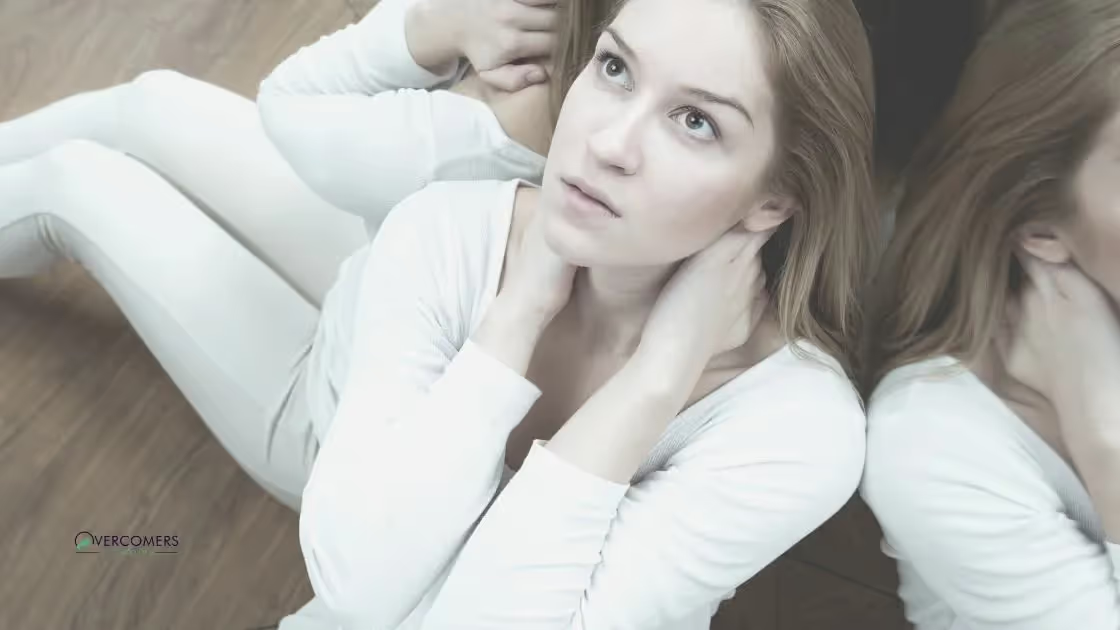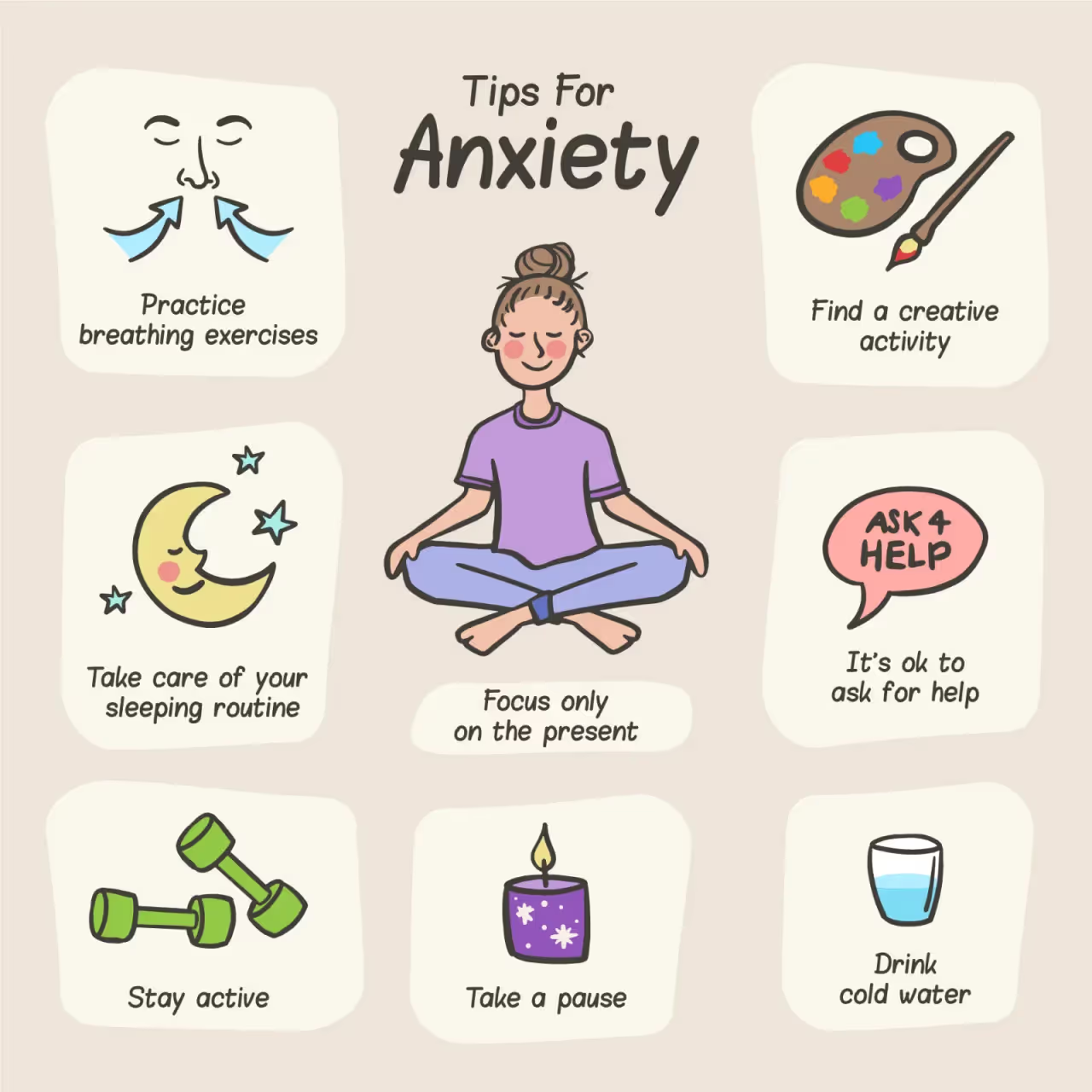Most people experience social anxiety on some level.Whether it's having to make small talk with strangers, worrying about making a good impression on...

Most people experience social anxiety on some level.
Whether it's having to make small talk with strangers, worrying about making a good impression on someone's family, or just feeling out of place around a new group of people- it's all a form of social anxiety.
For some people it's so bad that they feel they're on the verge of a panic attack every single time they have a social interaction; that's when it's diagnosable.
But in either case, however severe, there are some great strategies to reduce social anxiety.
The tried and true method for reducing anxiety across the board, and therefore how to reduce social anxiety, is the simple act of taking deep breaths.
Physiologically, when you exhale for longer than you inhale, your body sends signals to your brain that you are safe enough to breath- which means you're SAFE.
Once the mind realizes you are in fact safe, anxiety immediately decreases.
Though it tends to return quite quickly, in which case, take some more deep breaths.
This pattern of repeatedly encountering anxiety and then calming down is what is called the extinction process.
You're essentially teaching your mind that the trigger isn't actually a threat, and with enough exposure and calming, the trigger goes extinct because your brain is forced to acknowledge there's nothing to worry about.
A common and effective breathing pattern for anxiety is to take 2 sharp inhales through the nose followed by a long exhale through the mouth, it's called the Physiological Sigh.
Repeat this pattern for 30 seconds to a minute and take a mental note of how different you feel.
People who suffer from anxiety typically are more acutely aware of their internal systems such as their breathing and heart rate.
This "over-awareness" causes a further increase in heart rate and breathing which sends signals to the brain that you are in danger which increases your anxiety even more (it's kind of a self-fulfilling prophecy).
So, one tool to reduce social anxiety is to point your focus somewhere external.
This may seem counter-intuitive because it's being in a social situation that triggered the anxiety, to begin with.
But as you now know, over-attentiveness to yourself is making the situation worse.
Simply look at an object, like a lamp a table, or something else innocuous, say to yourself what the object is, and take a breath.
Repeat this 3-4 times and notice how much calmer you are while focusing on one concrete object at a time.
This approach is very similar to the previous tool.
In order to reduce social anxiety one of the best strategies is to actually focus on the conversation.
Again, most social anxiety is made worse due to an over-attention of yourself.
When someone is talking, really listen to them.
Pay attention to what they are saying and ask them questions.
Not only will this make you more likable, but it puts the attention on the other person and distracts you from being critical toward yourself.
Once you really invest your attention in the other person you literally can't be worried about yourself.

At best social anxiety is annoying.
At worst it can cripple your ability to make friends and severely damage your mental health.
We've now covered what social anxiety looks like and how to reduce social anxiety.
Deep breathing, focusing on objects, and focusing on the conversation are all prone strategies to reduce anxiety.
Repeated exposure to anxiety followed by calming techniques creates an extinction process that eventually eliminates the trigger altogether, and now you know how.
So, take a breath, focus, and reduce social anxiety.
The best way to help an addict without enabling them is by setting boundaries and getting help for yourself. It is important to remember that you cannot control the addict's behavior, but you can offer support and understanding. With time and patience, you can help your loved one recover from addiction.
Yes, alcohol abuse is a treatable condition. However, it often requires professional treatment to overcome. With the right support, though, anyone can overcome alcohol abuse and regain control of their life. It's important to reach out for help if you or someone you know is struggling. With the right treatment, anyone can overcome alcohol abuse and regain control of their life.
Some common signs of alcohol abuse include drinking more than intended, neglecting responsibilities, and continuing to drink despite negative consequences
Alcoholism refers to a disease that is characterized by a strong craving for alcohol and an inability to control one's drinking.
Alcohol abuse is a pattern of drinking that leads to problems in one's personal, professional, or social life.
Some resources for family members of addicts include therapy, counseling, 12-step programs, and other support groups. It is important to seek out these resources to get the tools you need to deal with your loved one's addiction. You can also find help for yourself through these resources.